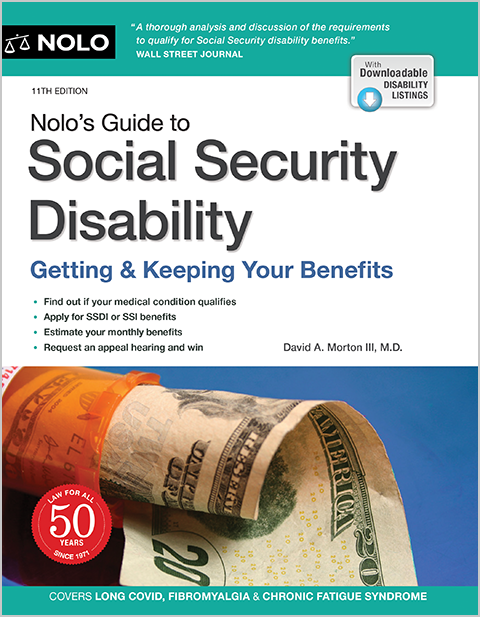Discover All You Need to Know About SSI Benefits: Are You Eligible?
Social Security is known as a retirement benefits scheme, but it also provides additional benefits to those who qualify. Supplemental Security Income (SSI), for example, is a monthly payment scheme for people with low income and disabled or blind children. Those who are 65 and older can also qualify to receive SSI benefits depending on financial factors, regardless if they are disabled or not.
Even if you are already receiving retirement benefits or Social Security Disability Insurance, you could still be eligible for SSI monthly payments. It’s worth noting that the taxability of Social Security benefits can be complex and is dependent on several factors, including external income and withdrawals from retirement plans. Approximately 40% of Social Security recipients must pay federal income tax on their benefits, possibly state taxes too.
SSI benefits, however, are not taxable as they are considered a distinct safety net benefit managed by the SSA and being paid from general US Treasury funds. That doesn’t mean you should avoid filing taxes in 2024 if you receive SSI benefits, as additional benefits such as the Earned Income Tax Credit (EITC) and the Child Tax Credit (CTC) may be available to you.
For example, if you have children under 17 years old, you may be eligible for the CTC. For the tax year 2023, the maximum Additional Child Tax Credit (ACTC) is $1,600 per eligible child, opposed to the maximum CTC of $2,000 per qualifying child. The EITC provides a tax benefit for low to moderate-income families and can be used to reduce overall tax responsibility, with any remaining amount refunded as part of your return. EITC eligibility isn’t dependent on having children.
Before submitting your taxes for this year, you should consider how much SSI benefits you received in 2023 and how this income could affect future refunds and tax credits. You may need to file taxes as an SSI beneficiary depending on the circumstances.
